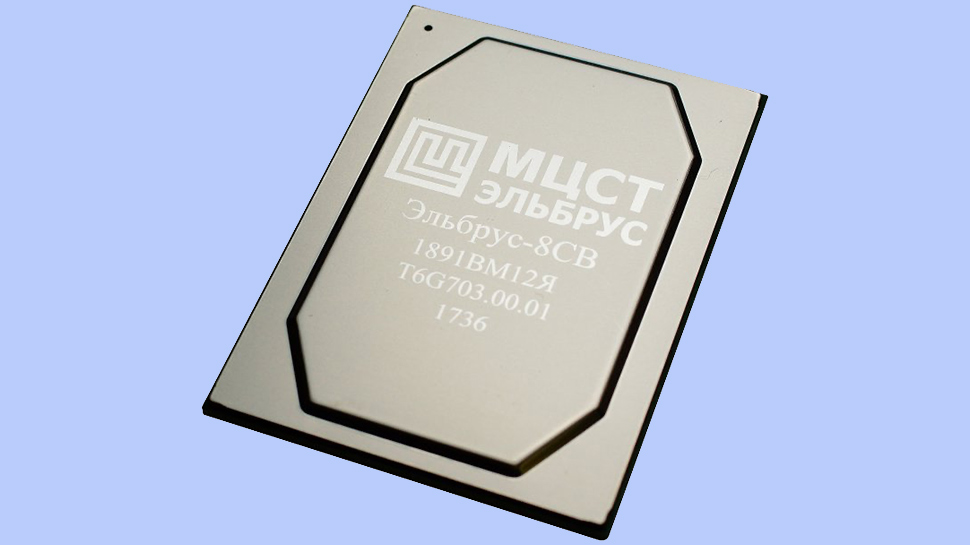
According to a government decree, Russia's critical information infrastructure facilities must transition to using Russian-made hardware and software systems by January 1, 2030. For now, Russia lacks domestically built high-performance hardware, so it has to certify pretty exotic solutions. This month, the country certified programmable controllers based on the Russian-made MCST Elbrus 2S3 processors, which are used for single-board computers that are Russian Raspberry Pi alternatives.
The hardware in question is the Elbrus programmable logic controller (PLC), which is based on the MCST Elbrus-2S3 developed by Roselectronics. The PLC has been registered and included in the registry of hardware-software systems maintained by the Ministry of Digital Development of Russia. This certification allows these devices to be used at critical information infrastructure facilities to create automated process control systems.
In fact, these controllers are already used in 'nuclear industry facilities' and are undergoing testing in the oil and gas industries. This registration supports compliance with Russia's policy of transitioning critical infrastructure to domestic systems by 2030.
As the name suggests, the Elbrus 2C3 is system-on-chip with two general-purpose cores. The processor is rather simplistic, with a CPU clock speed of up to 2 GHz, a basic GPU, a multimedia engine with video encoding and decoding support, a dual-channel DDR4-3200 controller that supports up to 8GB of memory, support for up to 480GB of storage, and PCIe 3.0 lanes. A dual-core CPU should be enough for various controllers, but they will certainly not be enough for demanding workloads.
Originally, MCST produced its Elbrus 2C3 processors at TSMC using the latter's 16nm-class process technology, but now that Taiwan does not allow exports of advanced processors to Russia and Belarus, we can only wonder where the chips will be made now and in coming years.
The ELPLC-Logic software, also developed by a Roselectronics subsidiary called INEUM, accompanies the controllers. It is included in the registry and supports convenient programming of the "PLC-Elbrus" controllers using IEC-61131-3 standard languages.
"Our controllers have a wide range of applications and are on par with foreign counterparts in terms of their capabilities," said Igor Lobanov, Deputy General Director of Production at INEUM. "The inclusion of 'PLC-Elbrus' in the Ministry of Digital Development's registry opens up new opportunities for its use in state and private projects, promoting import substitution and the advancement of domestic production."







